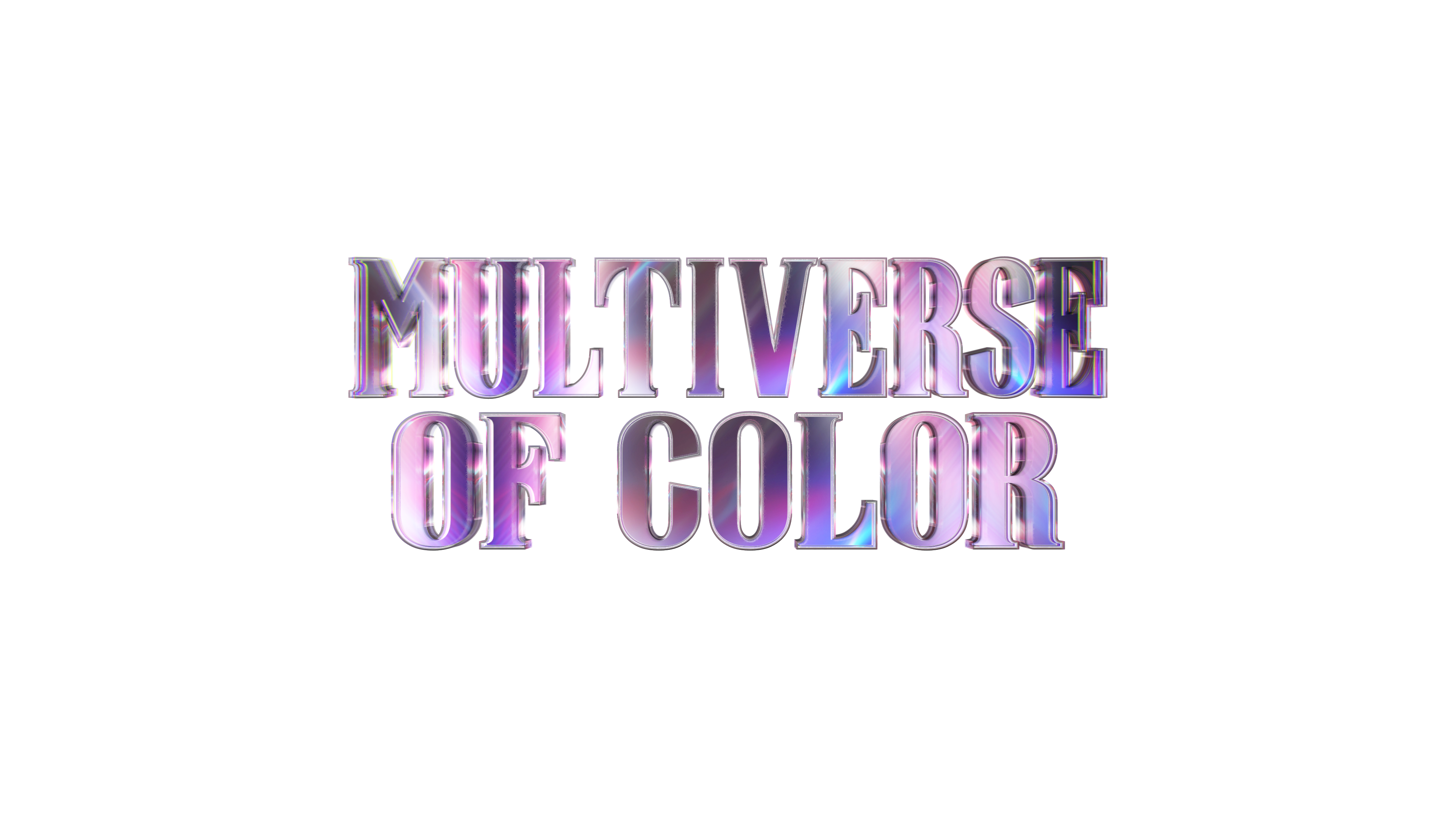Is Jessica Jones a hero or just someone with powers? Since the show first premiered in 2015, that question has plagued the protagonist, and Season 3 attempts to tackle it once again.
Returning to Netflix on June 14, Jessica Jones enters its third and final chapter. Based on the eight episodes made available for review, however, Season 3 will leave fans hoping for an epic conclusion disappointed. After two seasons dealing with powered villains (plus a stint with the Defenders), Jessica’s final story is a simpler yet chilling case that leans more towards a typical crime drama than a superhero show.
Overall the season is worth watching for fans of Krysten Ritter’s brilliant portrayal of the troubled detective, but it does take a while to find its rhythm.
Since the start of the Marvel Netflix universe, its shows have suffered from seasons stretched too thin over too many episodes and unfortunately for Jessica Jones Season 3, the filler episodes come at the beginning of the season instead of the middle.
Far too much time in the early episodes is spent on supporting characters. An entire episode from Trish’s (Rachael Taylor) POV directed by Krysten Ritter would have fared better later in the season. Trish’s transformation into a vigilante hero really only makes for an interesting story when she’s contrasted against Jessica. Without Jessica as a foil, Trish’s aims of being a moral compass come off as self-righteous. Her motivations are surprisingly thin for a character who has been so open about her personal demons in the past. (Viewers will, however, enjoy several easter eggs referencing her comic book identity Hellcat).
Malcolm’s (Eka Darville) struggle with his own morality only really reaches its arc when he teams up with Jessica. Jeri Hogarth’s decline in health, with a brilliant turn by actress Carrie-Anne Moss, proves compelling at first but her emotional journey as a woman facing her own mortality is diminished as the season progresses and her character returns to her ruthless ways. Without leading actress Krysten Ritter on the screen, the purpose of the show drifts.

One Last Case
But as Jessica gets further into the main case of the season, and brings her friends back into the fold, the show does find its footing. What Jessica Jones does better than other shows is its approach to character study, and the latter half of the season digs more deeply into that aspect.
Jessica struggles with her place in the world, balancing her own desire to do good with the external pressures she faces to be a certain type of hero. New additions to the show force her to define herself even further.
Erik (Benjamin Walker), her love interest with his own secrets, provides some much-needed levity but also allows Jessica to see herself through fresh eyes.
Gregory Sallinger, this season’s villain played by the wonderfully creepy Jeremy Bobb, on his own may not be particularly shocking in a television landscape full of shows about serial killers and true crime, but the way he forces Jessica to reckon with her own life adds tension to the story. Picking at the deep-seated insecurities she has about her powers breathes some life into the show despite it treading familiar ground.
After her history with Kilgrave, who seemed to demonstrate it was power that corrupted people, there’s something especially chilling about a psychopath who lacks any sort of powers or special abilities.
Sallinger may believe powered people don’t deserve to be heroes because they didn’t work for it, but Jessica pushes herself to the brink this season, determined to prove him wrong and take him down.
Overall if you’re looking for a grand finale for a beloved character, Jessica Jones Season 3 will leave you slightly disappointed. But if you’re willing to set high expectations aside, you’ll get to enjoy one last case with Alias Investigations. And we can all raise a glass to that.
Season 3 of Jessica Jones premieres on Netflix on June 14.


